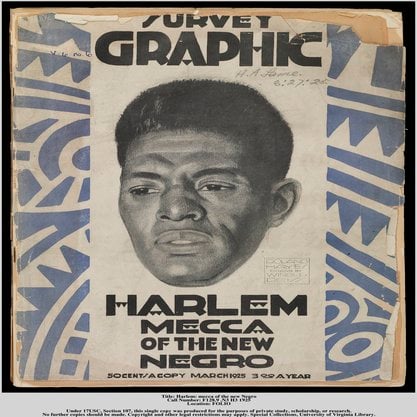Article
Occultism, Spiritualism and Hermeticism By Seagrave, Jennifer Large
Article
Sometimes called ‘hidden knowledge’, Occultism refers to beliefs and practices concerning the intersection of the material and spiritual worlds, purportedly representing the most ancient religious knowledge, but mainly originating in Hellenistic and medieval times. The term carries with it nefarious overtones, often indicating evil works associated with black magic, though this veil obscures the ancient arts of spiritual understanding, manipulation and evolution contained in the Western esoteric tradition. Many modernist artists devoted serious study to occult mysteries, which led Leon Surette to theorize that the interest of William Butler Yeats (1865–1939), Ezra Pound (1885–1972) and T. S. Eliot (1888–1965) in Occultism underlies the aesthetics of literary Modernism.



